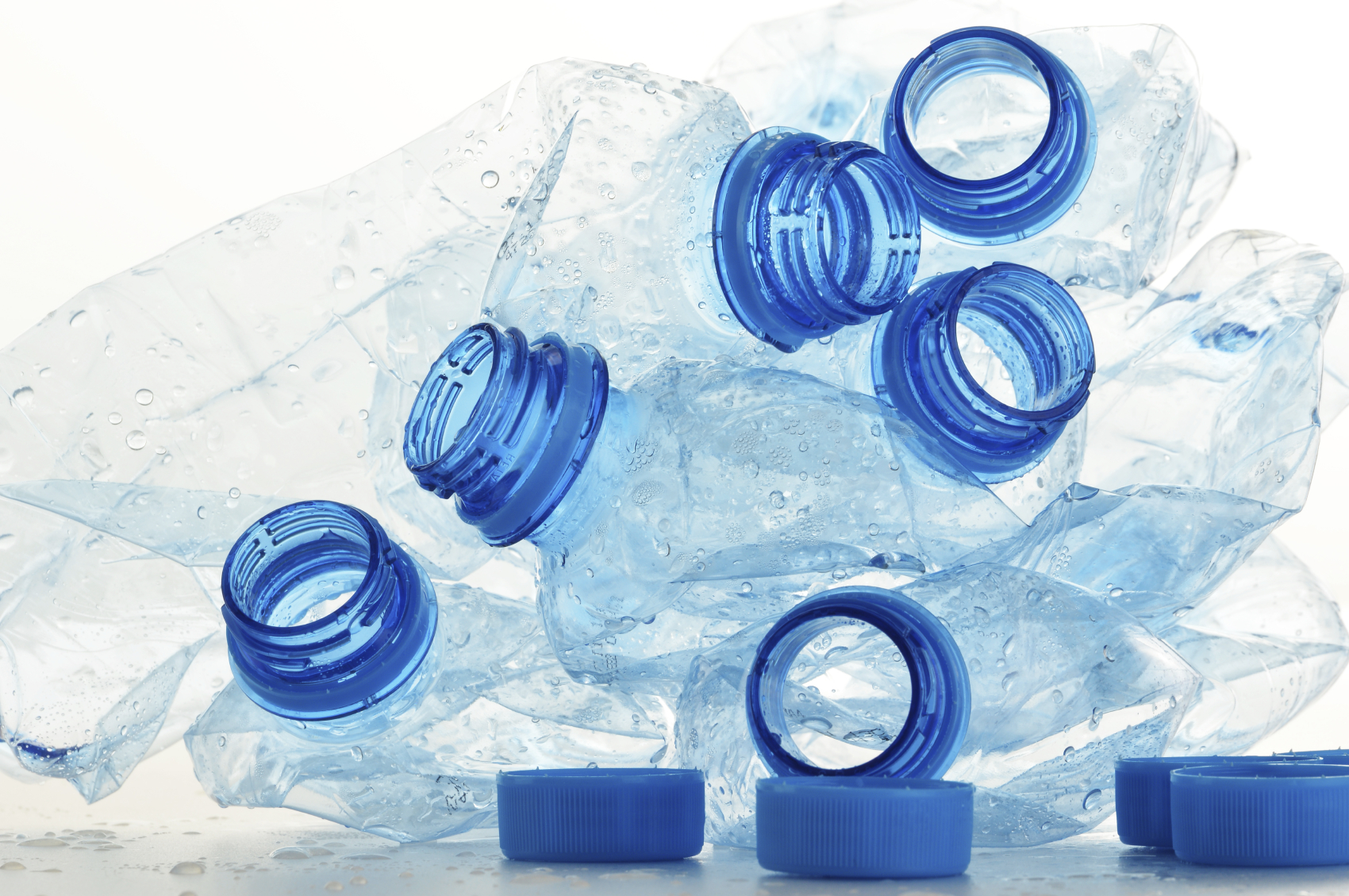Most people have heard that a chemical in plastics called BPA can damage health.
Studies link it to cancer, heart disease, diabetes, infertility, asthma, and other problems.1 BPA is also known as Bisphenol A.
The public outcry over its use in children’s sippy cups, water bottles, food containers, and the lining of metal cans led some manufacturers to use a different chemical. One with a slightly different composition.
It’s called Bisphenol S, or BPS.
It allows plastics manufacturers to label their products “BPA-Free.” This designation can help boost sales to health-conscious customers.
But is BPS any safer than BPA? There’s growing evidence it’s not.2
Scary New Evidence We’re Poisoning Ourselves
A new study found that BPS has some of the same dangerous effects on animal embryos as BPA. It’s published in the journal Endocrinology.
The research shows that BPS acts as an endocrine disruptor… Just like BPA. This means it causes harm by interfering with naturally occurring hormones in the body.
Nancy Wayne was the senior author of the study. She is a UCLA professor of physiology and a reproductive endocrinologist. Professor Wayne says the bottom line of her study is simple: “The message here is that BPS is not necessarily safer.”
Her findings confirm an earlier rat study at the University of Texas. It found that BPS causes endocrine disruption at the same rate as BPA.3
Plastic is so common, it’s almost impossible to avoid it entirely. But there are simple ways to lower your exposure to these chemicals.
- Stay away from food containers or water bottles marked with a #7 or “PC.” These contain polycarbonate. They are particularly prone to leaching BPA into foods and drinks… Especially when heated.4
- Never buy products marked with a “3” or “PVC.” These contain polyvinyl chloride. It is often mixed with phthalates. These toxic additives make plastic flexible. The U.S banned phthalates in 2009. But there are still items for sale made before the ban. These include children’s toys, raincoats, shower curtains, and inflatable beach toys.
- Never microwave food or drinks in plastic containers. This can cause chemicals to leach out… It happens even with “microwave safe” containers.
- Don’t cover food in the microwave with plastic wrap. Use a paper towel instead to stop spattering.
- Don’t put plastics in the dishwasher. The heat can cause plastics to break down.5
- Avoid old or scratched plastic containers. Bits of plastic can break off into food or drinks.
Here’s the best tip of all: Don’t use plastic.
Store leftovers in glass containers instead. Even if they have a plastic cover, they are a safer option. And for water bottles, go with stainless steel.
In Good Health,

Angela Salerno
Publisher, INH Health Watch
Like this Article? Forward this article here or Share on Facebook.
References:
1http://www.newsweek.com/2015/03/13/bpa-fine-if-you-ignore-most-studies-about-it-311203.html
2https://www.washingtonpost.com/news/speaking-of-science/wp/2016/02/02/more-evidence-that-bpa-free-plastic-may-still-pose-risk/
3http://www.sfgate.com/green/article/Bisphenol-S-may-be-as-harmful-as-BPA-4226326.php
4http://www.ewg.org/research/healthy-home-tips/tip-3-pick-plastics-carefully
5http://www.besthealthmag.ca/best-you/prevention/is-it-safe-to-microwave-plastic

